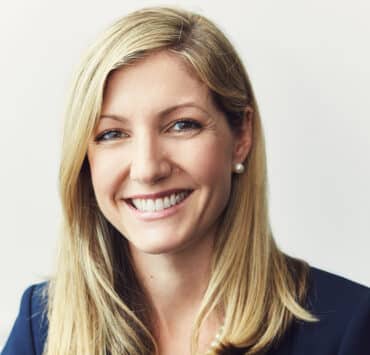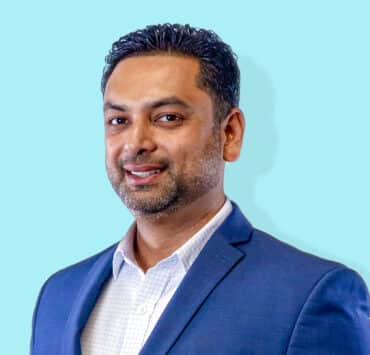|
Getting your Trinity Audio player ready... |
Brian Scheall was born to compete. He grew up in a blue-collar family where his father hustled his way through graveyard shifts, while his mother left her job at a car dealership and took a leap of faith to start her own small business. Sacrifices were made. Dues were paid. Such was life in small-town Ohio.
Sitting back and wasting precious time was never an option for Scheall. Instead of playing video games all day during his childhood summers, he biked to the park with a friend and played basketball and soccer from sunrise to sunset. Sports not only fueled his fire—they did more for him than he ever imagined.
“I wasn’t into academics like others were, but I was given the freedom to pick up on life and learn and observe through experience,” Scheall says.
For Scheall, sports were his ticket to a better life. He earned a scholarship to play soccer at the University of Akron under head coach Ken Lolla, but soon discovered that hard work was not enough to guarantee his success as a varsity letterman. After a series of up-and-down performances, he lost confidence and questioned his future in the game.

Then he took a hard look in the mirror and had the breakthrough of a lifetime. “I struggled mightily early in my career and [in] things where I wasn’t mentally strong,” Scheall says. “But through the struggles, I found ways to redirect myself where I felt like I could control my own destiny.”
Since arriving at this moment of truth, Scheall has developed a mental tenacity that’s shaped his career on and off the field. “I would say that my development in the mental game was probably by far my greatest accomplishment when it came to having success on the pitch in soccer and also in the game of life,” he says.
In his final two seasons at the University of Akron he asserted himself as a consistent playmaker, and after graduation he stuck around campus to pursue his MBA and intern in the athletic department. He started to get a grasp of what colleges and teams do to market and promote themselves. And when the sports training and prep school IMG Academy offered him an opportunity to sell soccer sponsorships, he accepted and moved to Florida.
IMG Academy proved to be the perfect place for Scheall: his athletic background and competitive spirit have contributed to his success on the job. He broke company sales records in his first two years and caught the attention of CEO Sam Zussman, who promoted him to manager of executive projects.
In his ten years at IMG Academy, Scheall served as financial analyst and assistant finance director before he was named vice president of finance and accounting. Now, as the company’s CFO, he oversees a multimillion-dollar operating budget that includes $100 million for campus expansion projects alone.
One of the biggest challenges Scheall must face in this role is navigating the financial complexities associated with IMG’s acquisition of Next College Student Athlete (NCSA) in 2021. As IMG Academy reimagines the athletic recruiting network’s business model, Scheall is taking steps to ensure that both brands remain on a path to profitability.
He’ll be the first to tell you there’s more to his job than crunching numbers. Even if he never fancied himself as a coach, he knows his leadership will make or break the success of his team and the merger.
“I think what you got to do is provide ownership and accountability, and you got to give them a voice. And it’s teamwork … you’re only as good as your weakest link,” Scheall says. “I have to trust that the department needs our leadership team and managers around this business on the subject matter experts in their specific area, and I need to trust that what they need is something that we need to invest in.”
No matter how busy Scheall gets, he remembers to carve out time for himself—and for him, that means doing marathons and triathlons. As usual, he’s a born competitor. After six months of training, he ran the NYC Marathon in two hours and forty-two minutes; he also finished fourth in the Rohto Ironman 70.3 Boulder triathlon.
There is one thing that Scheall is less confident he can overcome. With recent landmark changes in college athletics—such as the rise of name, image, and likeness (NIL) deals—he fears for the future of his industry. That’s not to say, however, that he doesn’t have a plan.
“Any CFO [working in sports], you’re going to have to be able to adapt,” he says. “You have to be strategic. You’re going to have to understand what the opportunities are. You have to pick them out ahead of time and be proactive. Your yields are going to get passed up too fast.”

